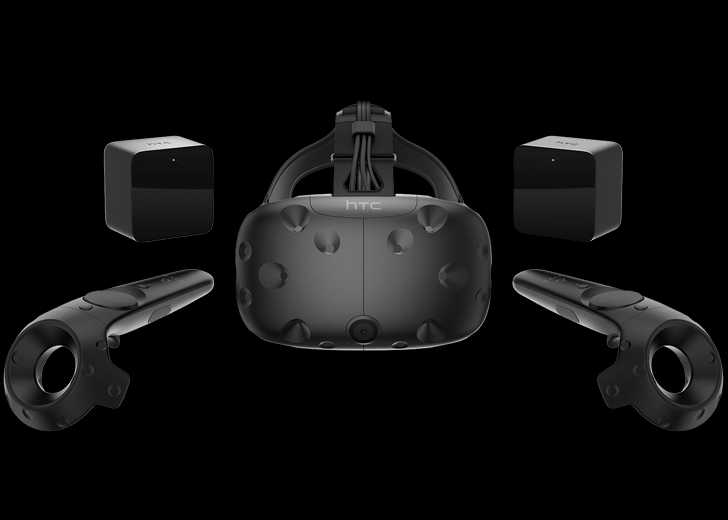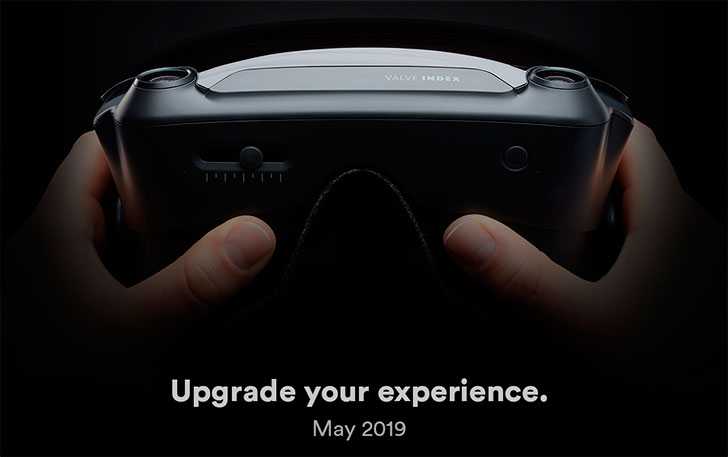A raíz de la demora que se están trayendo la gente de Oculus a la hora de ofrecer el prometido SDK para la comunidad desarrolladora linuxera un usuario de los foros oficiales y también morador de reddit, jericho, se ha deidido a tomar la sartén por el mango y ha comenzado a reversear el DK2 para dar comienzo a lo que vendría a ser una versión puramente comunitaria, colaborativa y abierta de un SDK del DK2 para linux.
Enlace al hilo en reddit:
www.reddit.com/r/oculus/comments ... k/.compact
Cyberreality ya se ha pronunciado apoyando la causa pero cuestionando su utilidad. Para mí, de prosperar esta iniciativa, como linuxero y defensor del OpenSource que soy, volvería a estar encantado con el dispositivo después del gran chasco que me llevé con la venta FB.
Si el SDK se deja abierto y posibilitando la participación de la comunidad (lo mismo que ya están haciendo los de Epic con su UE4) esto puede tornarse fenomenal en beneficio de todos. No hay mas que tomar nota de los constantes y notables progresos que no dejan de afluir al Unreal Engine desde que se optó por esta formula de desarrollo.
Si algún linuxero de realovirtual puede y quiere colaborar con la causa por reddit y el foro oficial (enlazado desde el hilo de reddit) se empieza a mover el tema.



